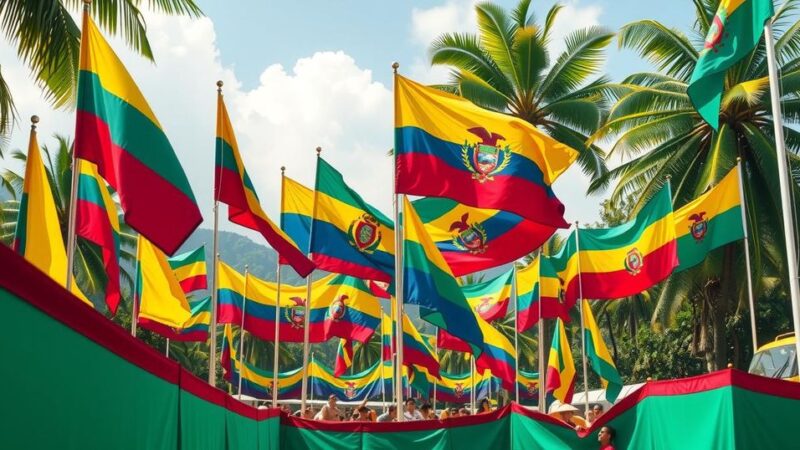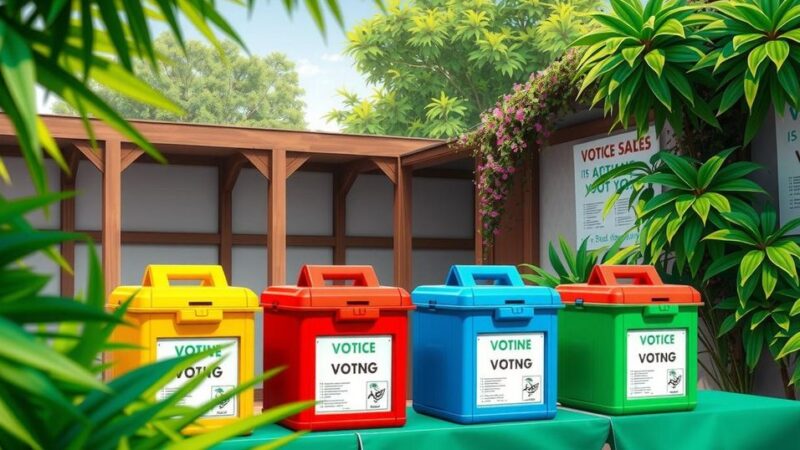Venezuela has agreed to accept deportation flights from the U.S. once more, following President Nicolás Maduro’s suspension of such flights in March. Jorge Rodríguez announced the resumption, emphasizing the need to protect human rights during repatriation. This decision comes amidst past U.S. deportations of Venezuelans under controversial circumstances, with some alleging links to gangs but lacking evidence.
Venezuela has reached an agreement to resume deportation flights from the United States, marking a significant development in diplomatic relations. Jorge Rodríguez, president of Venezuela’s Assembly, confirmed via social media that the first flight would occur on Sunday, following a suspension of flights initiated by Venezuelan President Nicolás Maduro on March 8. This suspension was prompted by the U.S. Treasury Department’s revocation of Chevron’s export license for Venezuelan oil.
In his statement, Rodríguez emphasized the need to ensure the protection of human rights for Venezuelans being repatriated, stating that the deal guarantees the return of compatriots to Venezuela. Rodríguez also expressed a commitment to advocating for all Venezuelans needing assistance and criticized past deportations under the Trump administration, which involved the transfer of numerous Venezuelan nationals to a high-security prison in El Salvador.
President Maduro reaffirmed the resumption of these flights during a public event, describing them as a means to “rescue and release migrants from U.S. prisons.” He held El Salvador’s President Nayib Bukele accountable for the well-being of Venezuelans deported to that country, asserting that their health should be a priority, and insisted on their release.
During the Trump administration, allegations surfaced that the deportees were associated with the Tren de Aragua gang—labelled a significant threat by Trump under the Alien Enemies Act. Nevertheless, there is a lack of substantial evidence linking the deportees to criminal activities in the U.S., with federal judicial interventions stalling some deportations. In total, approximately 238 Venezuelan men were deported to El Salvador, with mentions of 137 classified as “enemy aliens.”
Reports indicate that many of the deportees lacked criminal records, challenging the narrative surrounding their deportations. Maduro’s government had largely rejected the acceptance of deportees from the U.S., although such deportations increased significantly after Trump’s inauguration.
In conclusion, the renewed agreement between Venezuela and the U.S. to engage in deportation flights underscores a complex relationship concerning human rights and migration. The Venezuelan government aims to safeguard the repatriation process while confronting past deportation practices criticized for their potential human rights violations. This development could alter the dynamics of U.S.-Venezuelan relations, particularly regarding the treatment of migrants.
Original Source: www.cbsnews.com






